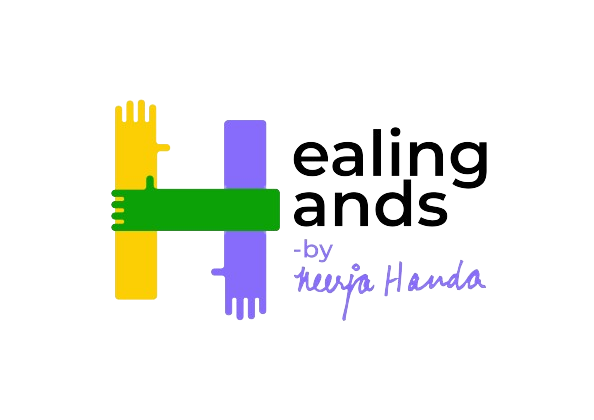What is hypnosis?
Hypnosis is a method by which any person may be guided into an altered state of conscious awareness (‘hypnotic trance’) in which psychological and physical changes, beyond normal conscious capability, may be achieved.
Quote:Anyone can be hypnotised, if you can relax and follow simple instructions you can enjoy hypnotic trance. Measurable psychological and physical changes occur in hypnosis.
What does it feel like?
The experience is different for different people. For most people, however, hypnosis is a pleasant state of deep inner calm and physical relaxation. Deep hypnosis is similar in many ways to the kind of profound trance found in expert yoga or meditation practitioners.
Where does it come from?
Modern psychological hypnosis was first developed in 1843 by the Scottish physician James Braid. However, it has its origins in an earlier form of trance healing called ‘Mesmerism’, after the famous Eighteenth century Austrian Franz Anton Mesmer.
What is hypnotherapy?
Hypnotherapy is basically any therapy done in conjunction with a hypnotic trance. It is often classed as a form of complementary medicine but is perhaps better viewed as a branch of psychotherapy. Hypnosis is not an occult or esoteric art, it is a scientifically acknowledged psychological and therapeutic discipline. When a registered psychotherapist employs hypnosis alongside other forms of psychotherapy this is technically known as ‘hypno-psychotherapy’. Hypnotherapists tend to use an integrative approach, which may combine programs of direct verbal suggestion or visualization with ‘analytic psychotherapy techniques such as age regression.
Does it work?
Yes. Hypnosis has fascinated psychologists and medical professionals for over a century and has been subject to a great deal of rigorous testing and research. It also has an enviable and long-standing reputation for effectiveness among the general public.
Is it officially recognized?
‘Hypnotism’ is legally acknowledged and defined by the Hypnotism Act 1952, in the UK Book of Statutes.In their 1892 Hypnotism Report, the British Medical Association (BMA) officially recognise the hypnotic trance: ‘The Committee, having completed such investigation of hypnotism as time permitted, have to report that they have satisfied themselves of the genuineness of the hypnotic state.’ The Committee also acknowledged that ‘as a therapeutic agent hypnotism is frequently effective in relieving pain,procuring sleep, and alleviating many functional ailments’ (BMA, 1892).In 1955 a follow-up report was commissioned which endorsed the findings of the original 1892 Committee, and added the conclusions that ‘hypnotism is of value and may be the treatment of choice in some cases of so-called psycho-somatic disorder and psychoneurosis. It may also be of value for revealing unrecognised motives and conflicts in such conditions. As a treatment, in the opinion of the Sub committee it has proved its ability to remove symptoms and to alter morbid habits of thought and behaviour. In addition to the treatment of psychiatric disabilities, there is a place for hypnotism in the production of anesthesia or analgesia for surgical and dental operations, and in suitable subjects it is an effective method of relieving pain in childbirth without altering the normal course of labour.’ (BMA,1955)
Is hypnotherapy like stage hypnosis?
Stage hypnosis is slightly different from hypnotherapy, however it is real hypnosis and the effects produced are possible for everyone to experience. Some stage hypnotists do good work but others generate misconceptions about the nature of hypnotic trance, which may lead to unfounded fears about hypnosis. In clinical hypnotherapy clients are never asked to do anything embarrassing or against their will.
Is hypnosis safe?
Absolutely. There are no known records of anyone having been physically or mentally harmed as a direct result of hypnosis itself.It is utterly impossible for anyone to get ‘stuck’ in hypnosis.
What is the basic qualification needed?
You would need to be over 18 years of age with knowledge of the language in which you opt for the course.
Which languages can I opt for?
We currently offer courses in English, Hindi, Gujarati.
What certification do you offer?
We certify you as an “Integrated Clinical Hypnotherapist” Hypnotherapy has been flourishing as a very safe and yet highly effective method of facilitating healing solutions for the human race for the better part of the century. This science has gained credence in India after 2002 as under:1) The Ministry of Health, Govt. of India has confirmed through Central Information Commission that the qualification prescribed to practice Hypnotherapy clinically is(a) MBBS (b) Clinical Psychology (c) degree in Psychology (d) degree in recognized Alternative Medicines BAMS, BHMS, BNYS, BSMS, BUMS or (e) B. Sc (Nursing) with an additional qualification in Psychology from a recognized University.2) Persons wanting to learn this modality for Self-empowerment may do for self / spiritual growth and may offer spiritual healing on a donation basis
